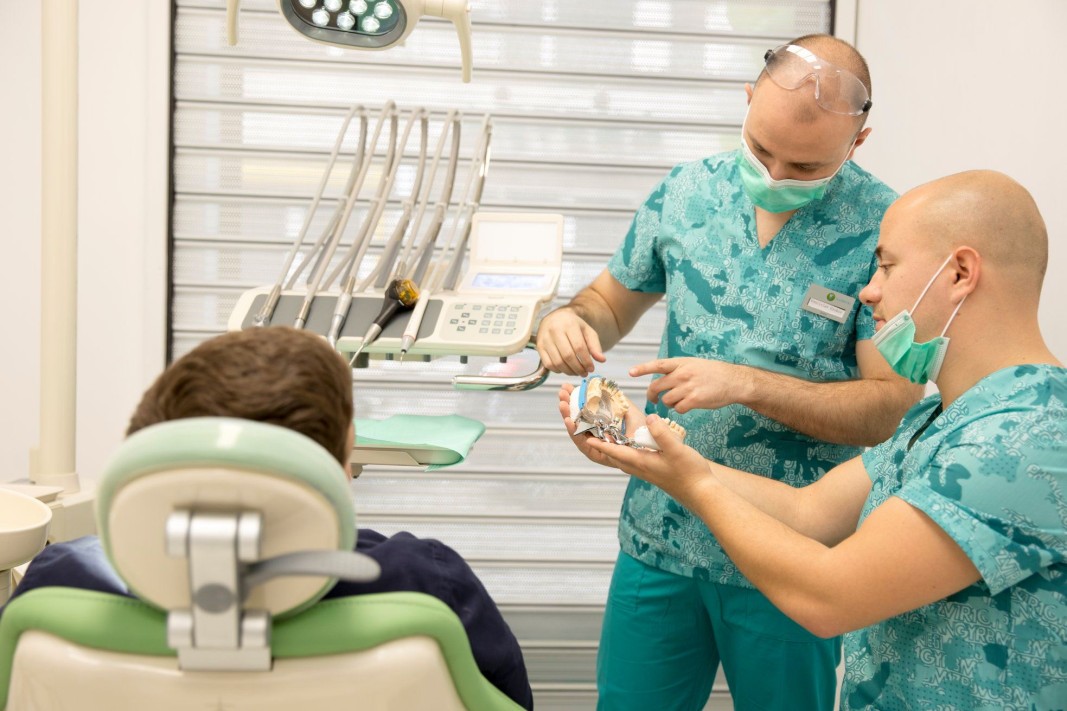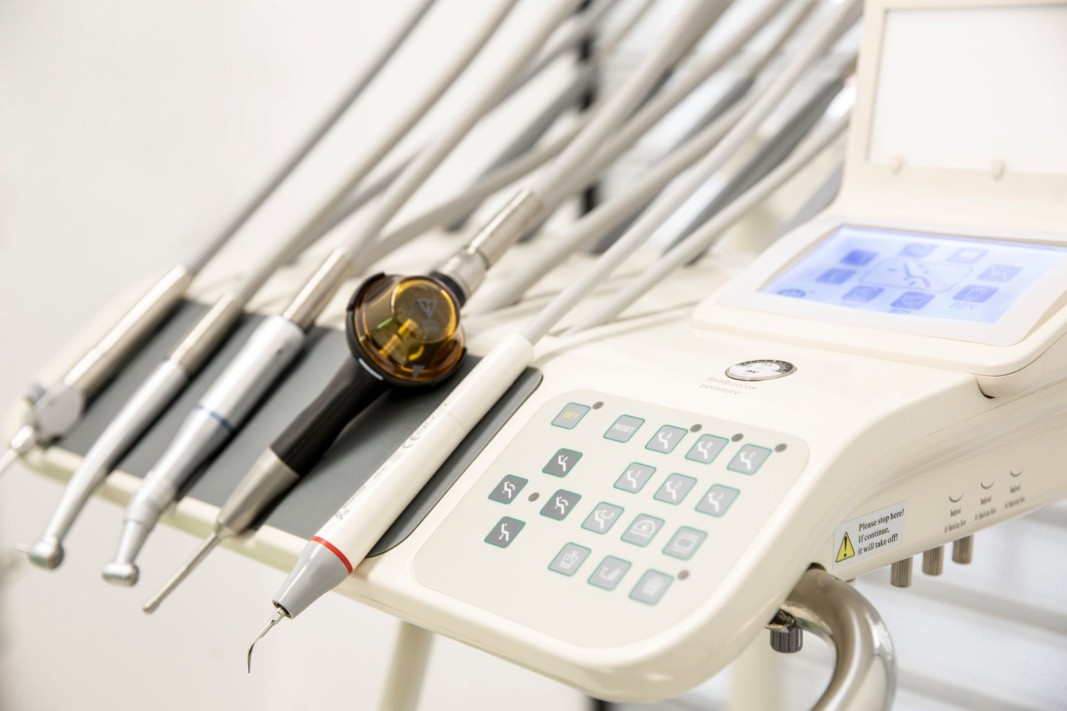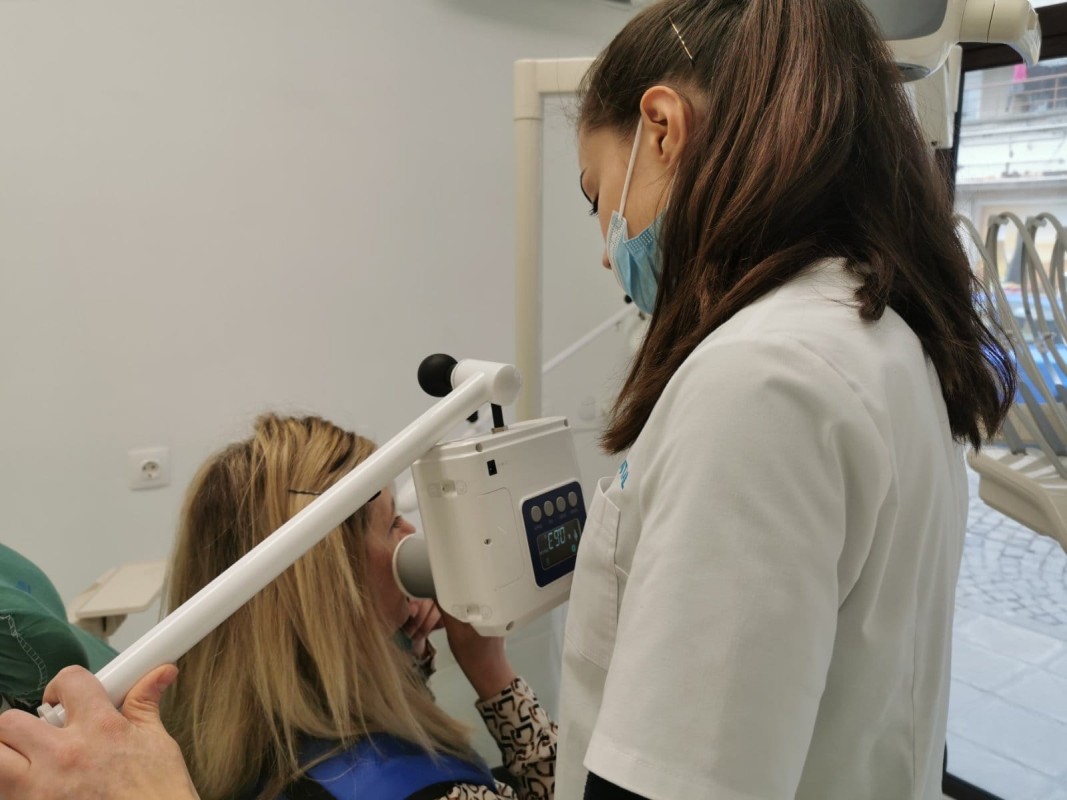High costs of dental work and insufficient insurance coverage have driven people to turn to what is known as dental tourism – combining a holiday abroad with low-cost dentistry. The global dental tourism market is expected to reach a valuation of USD 6.7 bn in 2022, with sales growing at a 13.6% CAGR (compound annual growth rate) over the forecast period, according to a report on Dental Tourism Market by Future Market Insights(FMI).
Bulgaria is a popular dental tourism destination because it has highly-qualified doctors, modern equipment, as well as excellent tourist facilities. But that is not all. According to unofficial data, 10,000-20,000 foreign citizens come to Bulgaria for dental tourism. But besides them, during the holiday season our dental clinics are barely able to handle the rush of Bulgarians living abroad, who come to Bulgaria for their holiday and want to combine it with doing their teeth here – because it is so much cheaper in Bulgaria. It is because prices here are low that they choose Bulgaria, says Dimitar Dimitrov, proprietor of one of the oldest dental tourism companies in this country.

“Bulgaria is among the top destinations on the map for this kind of medical tourism. And they choose the country for several reasons. Firstly, the budget. Dental procedures here are considerably cheaper than in countries like Great Britain, for example. And one other important point – dental standards here are very high. We work with high-quality German and American material and we try to be competitive to the other European dental tourism destinations. That is why we have patients coming from the EU, as well as from countries outside Europe. Let me give you an example. In the UK an implant costs about 2,000 pounds, in Bulgaria – 1,000 to 2,000 Leva. So, a package that includes hotel accommodation plus an airline ticket, a trip to some tourist destination and dental work is by far cheaper than in other countries,” Dimitar Dimitrov says.
“Half of the patients travelling from the EU take advantage of the partial coverage by the health insurance funds in their own countries. “We do the medical paperwork so part of their expenses can be reimbursed by their health insurance funds,” Dimitar Dimitrov says. Every month his company gets around 5,000 queries from abroad, and its annual turnover ranges from 60,000 to 100,000 Leva.

Besides medical treatment, people also come to Bulgaria for purely aesthetic procedures like teeth whitening, dental cleaning, dentures etc. What is a medical vacation like?
“There is a procedure – the patient is met at the airport, taken to a hotel or a clinic depending on the situation, the manipulation is carried out or started. Then the patients have free time, according to a strictly individual programme. They travel around Bulgaria, with the most popular destinations being Melnik and Rila Monastery. Many want to get to know Sofia better. For the purpose, we have partnerships with travel agencies which provide guides,” Dimitar Dimitrov says.
There are dental clinics all over Bulgaria specializing in dental tourism for patients coming from abroad, but most of them are in Sofia and on the Black Sea coast where tourists throng during high season. The EU, the UK and Canada account for the biggest share of visitors coming to Bulgaria for dental work.

Photos: pixabay, alldental.bg
The beach, waves, sea and blue cloudless sky. But in order for the vacation to remain serene, everyone should be well aware of the risks that this seemingly calm picture of summer hides. In their practice, lifeguards have repeatedly..
There are many Bulgarian schools in the United States, with the oldest one founded by the Bulgarian diaspora in Chicago. In addition to the well-known Sunday schools, there are many other forms of educational initiatives through which the Bulgarian..
Tomato Day will take place in early September at the Botanical Garden in Budapest, Hungary. The Bulgarian Republican Self-Government in the Hungarian capital announced this on its Facebook page. Gabriela Hadzikostova: Bulgarians in Hungary enjoy..
The beach, waves, sea and blue cloudless sky. But in order for the vacation to remain serene, everyone should be well aware of the risks..

+359 2 9336 661
